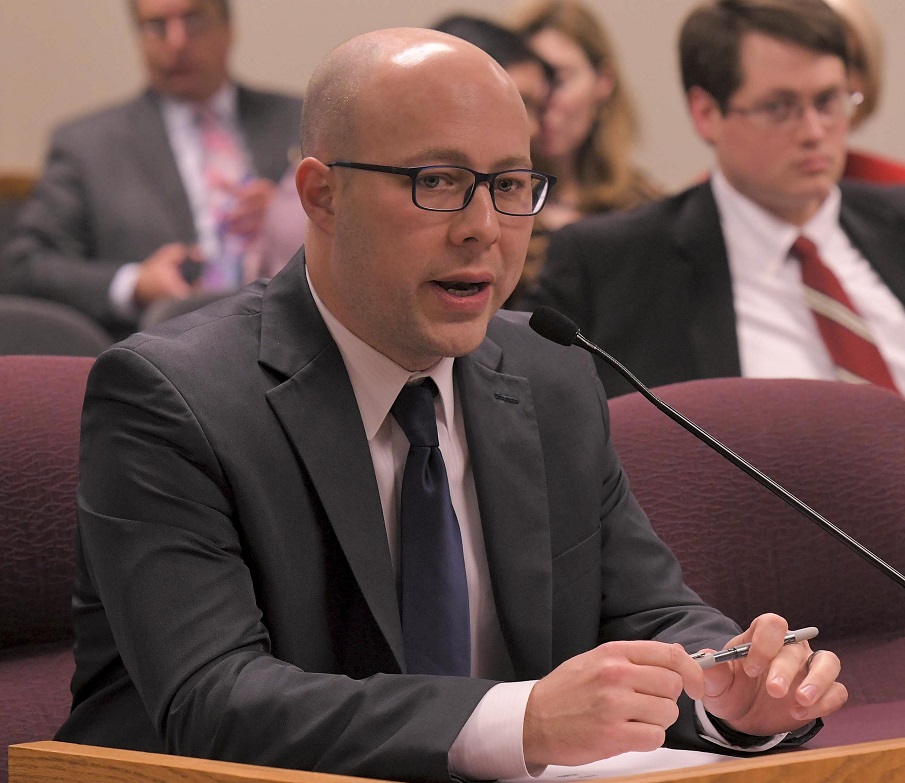The state House is again being asked to make it easier for people with minor criminal offenses to apply and be hired for jobs in the in-home care field.

When an applicant undergoes a background check, any finding results in a review that can take multiple weeks. That can include crimes that occurred decades ago, or that would be considered minor or unrelated to security and healthcare.
According to House Bill 1350 sponsor Cody Smith (R-Carthage), more than 75-percent of reviews result in waivers that would clear the applicant to work, but reviews take so long that most applicants find other jobs during the delay.
Smith said the issue creates problems not just for applicants but for in-home care providers, many of whom are short-staffed.
“That creates hardships for the providers, their clients, and the folks that would like to have those jobs,” said Smith.
Elisa Pellham, a provider with Integrity Home Care and Hospice, told the House Committee on Health and Mental Health Policy that many potential employees would come from other health industry jobs in which they don’t face these “very burdensome” checks – nursing homes, hospitals, or mental health facilities.
HB 1350 would change background check requirements to remove those minor or irrelevant violations from being barriers to employment in in-home care positions.
The legislation would specify what offenses a person must have been found guilty of or pleaded guilty to for their employment by an in-home service provider to be illegal. Such employees could also not be named on the Department of Health and Senior Services’ employee disqualification list, the Department of Mental Health’s disqualification registry, or the child abuse and neglect registry.
Smith said if his proposal passes the public should not be concerned about who could be hired. He said background checks would remain very stringent, “To make sure that [in-home care providers] are qualified to be in homes caring for people who are often times very vulnerable.”
The committee has not voted on HB 1350.